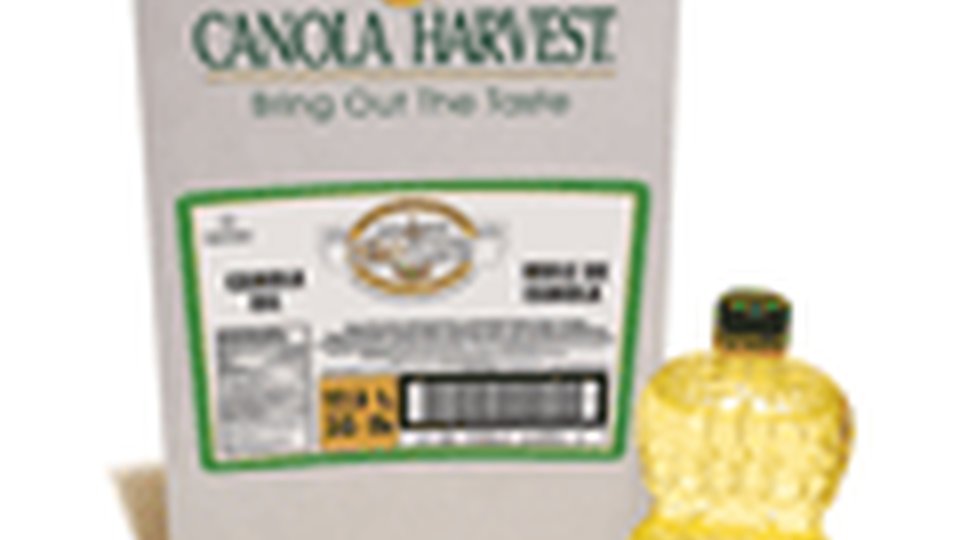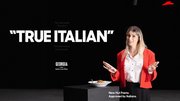Article
Oils bring in the customers
QSRs are separating themselves in the marketplace with trans-fats-free cooking oils and by converting grease into fuel.

June 11, 2006
Mono Moitra is an operator on a mission.
He owns 17 Churches Chicken stores in British Columbia and he's tired of people saying they won't eat his chicken because it's fried and full of fat.
So 10 weeks ago, Moitra rolled out a trans-fats-free cooking oil produced by Dow AgroSciences. Since then, he's seen a 6.6-percent increase in customer visits.
"This trans-fats thing has been bugging me for a long time, so when I learned of this new oil, I just had to bring it in my stores," Moitra said.
Moitra's not the only one picking up on this trans-fats-free oil trend.
A recent survey conducted by Dow AgroSciences found that 87 percent of restaurant owners and operators would definitely or probably consider changing frying oils if they knew it could decrease trans fats and saturated fats in fried foods without compromising taste or cost. Last week, Wendy's announced its 6,300 stores will use a trans-fats-free oil beginning in August.
"We've been diligently working to reduce the trans-fats levels in our food without jeopardizing the great taste our customers expect," said Kerrii Anderson, Wendy's interim chief executive officer. "Getting to this point has involved hard work by our suppliers along with rigorous consumer and operations testing."
Moitra admits the trans-fats-free oils cost more than hydrogenated frying oils. He said the Dow AgroSciences oils are 4 percent of his total food costs. But the extra cost is worth it, "because more customers are coming through the doors. And when they comment on the food, they say they can't tell the difference."
A consumer product study of 170 adults and 179 teenagers conducted by Jeffrey Gross Marketing Research found that french fries prepared using the new Dow AgroSciences canola oil were preferred equally to fries prepared using today's commonly used frying oil, partially hydrogenated soybean oil.
"Our oils preserve the good, clean taste of foods when used in frying and gives fried foods a light, crisp texture," said David Dzisiak, global business leader for Oils at Dow AgroSciences, during the National Restaurant Association's annual conference. "Chefs who have worked with these oils say they don't compete with natural food flavors or menu design."
Converting grease to gas
With gasoline expected to reach $3 a gallon this summer, some operators are converting cooking oil into gas.
In March, Burgerville announced that Portland, Ore.-based MRP Services will pick up used cooking oil from 39 Pacific Northwest units and take it to a processing plant where the oil will be transformed into methyl esters (biodiesel) and glycerin (a byproduct) through a process called transesterification.
The restaurant's oil collection tank is fitted with a hose coupling that feeds through the back wall, enabling a truck from MRP Services to drive up, connect another hose and drain the tank.
MRP, in turn, takes the oil to SeQuential Biofuels in Portland, where it is converted to biodiesel. Biodiesel, comprised of renewable resources, has lower emissions than petroleum diesel, is less toxic than table salt and biodegrades as fast as sugar.
Burgerville restaurants now produce about 7,500 gallons of oil a month that can be turned into 6,400 gallons of biodiesel, company officials said.
John Doemel used to spend $45 a month to have used fryer grease hauled away from his Glass Nickel Pizza shop in Oshkosh, Wis. Today he has eliminated that expense and is saving at least that much a week in reduced driver reimbursements through the use of his "grease car."
Doemel had a 1984 Volkswagen Rabbit converted to run on fryer oil. The car gets about 33 miles to the gallon on fat fuel, and that saves each driver about $25 weekly in gas.
"With the number of drivers we have, each gets to drive it about twice a week," Doemel said. The car starts on diesel and switches to fryer oil a few minutes later when the engine's warm. "It smells like French fries when it's running, so anybody following it gets hungry."
The diesel-to-grease conversion kit cost Doemel $900 for a car worth less than $2,000. But the "responsible" approach has generated a faithful customer base.
Doemel's own effort to fund a second grease car is so popular his customers are helping out.
"We actually have people buy two-liters for $2.25 just to support the grease car," he said. "They want to support what we're doing, and we want to keep putting more of them out on the road."
Steve Coomes contributed to this article
 ChatGPT
ChatGPT Grok
Grok Perplexity
Perplexity Claude
Claude








